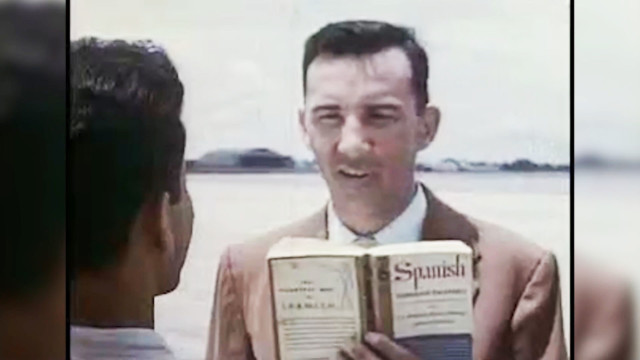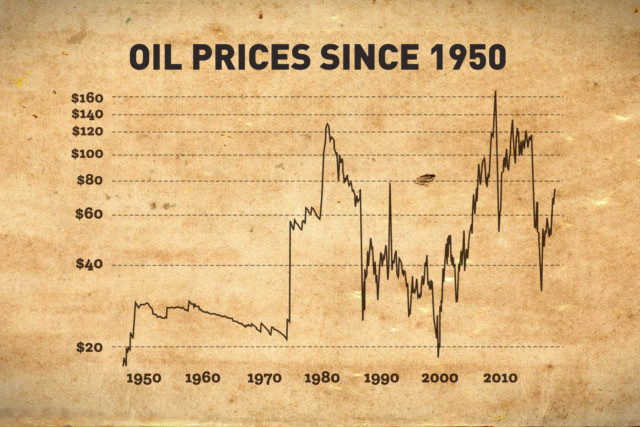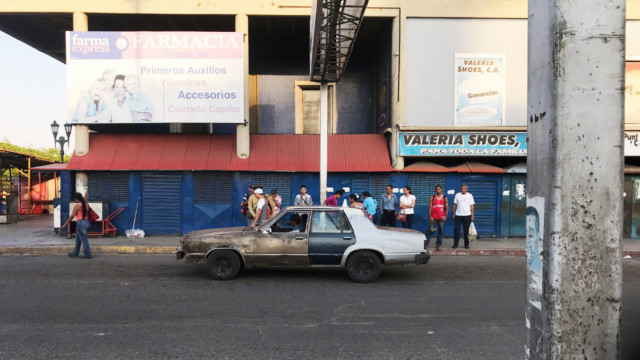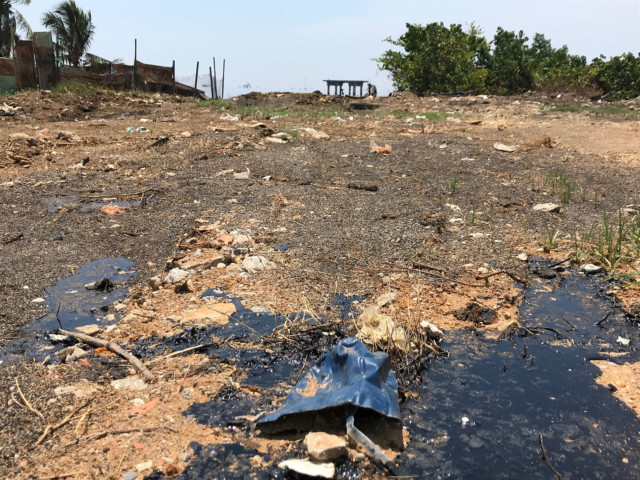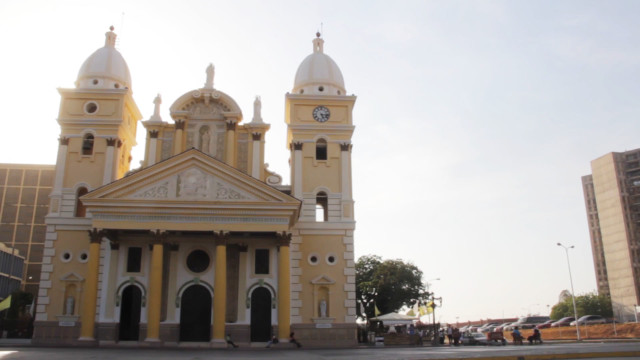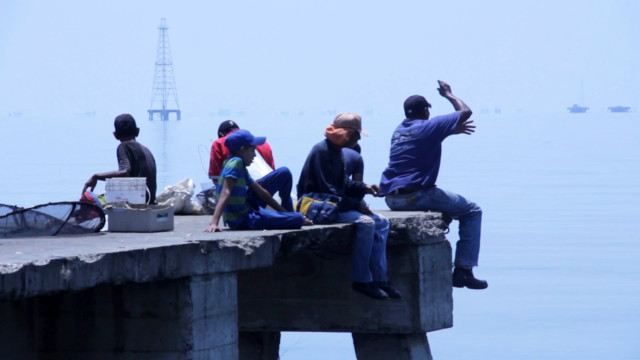Part of the CGTN special series Rediscovering the New World
Venezuela holds Presidential elections on Sunday, and this week we are looking at some of the key events in the country’s history. CGTN’s Stephen Gibbs reports from the city of Maracaibo on the discovery of oil, and how it changed the South American nation’s fortunes.
Maracaibo – Venezuela’s oil capital and powerhouse of the economy for more than a century. It was there, in 1922, that prospectors made a find that is still the stuff of legend amongst oilmen.
The well was called Barossa 2. The moment it was breached, a geyser of crude shot 130 feet into the air, visible for 30 miles around. The equivalent of 100,000 barrels of oil a day rained down on the houses around here for more than week.
It was the first indication that Venezuela had enormous oil wealth. A game changer for the nation.
“Bear in mind that well into the 20th century Venezuela was still a very undeveloped country, almost feudal. Practically the only exports Venezuela had were coffee and cocoa,” said Professor Víctor Álvarez, Former Venezuelan Industry Minister. “The arrival of oil became an extremely important source of income for the country, and foreign currency.”
Fmr Venezuelan Industry Minister, Víctor Álvarez, explains the concept of the “rentier state”
Soon foreign money, and companies poured into the country. By the 1940s, it was undergoing an infrastructure transformation,
On Lake Maracaibo, a forest of drilling platforms grew. In the space of just two decades, Venezuela had become the 3rd biggest petroleum producer in the world.
In 1950s, if you were an oil executive, there was a good chance you would be relocated to Venezuela. An in-house film by one American company was designed to prepare employees for the move. As it turned out, this film was made was just before an oil slump.
And the last 60 years have seen a series of ups and downs in oil prices, which Venezuelan fortunes have, in part, mirrored.
Maracaibo today sometimes looks stuck in the past. The cars, the shops, are from more prosperous times.
Close to where that first discovery was made in 1922, much of Lake Maracaibo is now an abandoned, polluted mess, owing to lack of maintenance in recent years.
Venezuela is sometimes cited as a prime example of what is called the “resource curse”—where a country lazily gets so used to the easy money that a single resource produces. It falls into inefficiency, corruption, and even ruin.
“What has been our problem as a single export country? When the oil prices are going up, we always think they are never going to go down, and so we make no preparation for when they do,” said Alvarez. “And when they are low, we think they never will recover. We are always caught between a crisis of shortages and crisis of plenty. We are not prepared for either.”
It was almost exactly a century ago that it was discovered, under this city, close to this ground, that there was a bonanza of oil. It is perhaps a good time to ask the question: whether that has really benefitted Venezuela.
Outside Maracaibo’s cathedral we posed the question: has oil been a blessing, or a curse?
“The problem is not having or not having oil, the problem is the governments that administer it, this wealth that our country has,” one man said.
Venezuela, which has more oil than Saudi Arabia, is an extreme example of a country that has squandered its fortune.
Does the history of oil in Venezuela offer a lesson to the world?
Perhaps it is this: don’t expect the good times, to last forever… And plan ahead.
 CGTN America
CGTN America
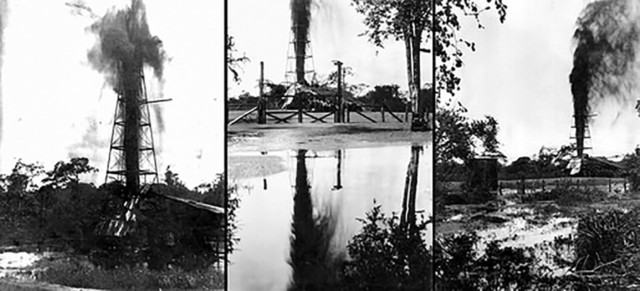 Multiple views of the Barroso No. 2 well blowout in 1922.
Multiple views of the Barroso No. 2 well blowout in 1922.
